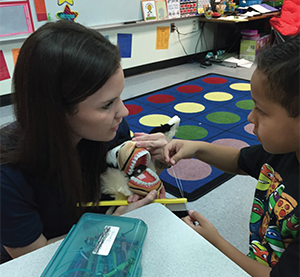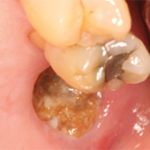Further exploration is needed to more efficiently identify signs of gum disease among people with RA, note the authors of a special report on the topic published in the International Journal of Clinical Rheumatology.2 Early research indicates that a combination of self-report questionnaires and assessment of risk factors could be used to quickly identify and evaluate RA patients who may benefit from a full-mouth examination and periodontitis treatment, states the article.
Other studies have investigated how dental disease relates to illnesses systemically throughout the body, including heart disease and diabetes. A recent study published in PloS One showed that periodontitis was associated with an increase in cognitive decline in patients with Alzheimer’s disease.3
Importance of Oral Health
Although researchers say that many questions on possible links between rheumatic disease and periodontal disease require further study in human clinical trials, they tend to agree that oral health is important for all patients living with RA. Johns Hopkins recommends that patients with RA regularly get complete oral exams and be sure to tell their dentist about their disease.
Because we know that gum disease in adults could contribute to or at least exacerbate systemic diseases, teaching the young to adopt good oral hygiene habits makes sense. That’s a goal of a group of student physician assistants from the University of Texas Medical Branch (UTMB) at Galveston, that launched a project to work with first-graders who are learning how to properly brush their teeth.

PA student Justin Brewer uses Alexander Alligator to teach a student about brushing in circles.

PA student Kelsey Berg uses Mojo Monkey to show a student tricks to flossing.a
The PA students were guided by Barbara Slusher, MSW, PA-C, assistant professor of physician assistants at UTMB Galveston, also a PA whose specialty is rheumatology. She says the PA student project highlights how important oral health is by going beyond an emphasis on the cosmetic benefit of clean, white teeth.
“We’re trying to whack at the root,” says Ms. Slusher. “We’re trying to tell children early on that it’s important to take care of their teeth and link it to their physical health.” The graduate students dubbed their community outreach project with the acronym TOOTH, which stands for Teaching Others Oral Treatments & Health. The project is based on the Smiles for Life Campaign, a national oral health curriculum originally developed in 2005 by the Society of Teachers of Family Medicine Group on Oral Health, according to Ms. Slusher.



